Laetare Mid-Week – Wednesday 13 March A✠D 2024
✠ Psalmody: Isaiah 66:10a, 11a;Psalm 122:1-2, 6, 8;122:1, 7;125:1-2
✠ Lection: Ezekiel 36:23a, 23c–28; Isaiah 1:16-19; St. John 9:1-38
In the Name of the Father and of the ✠ Son and of the Holy Spirit. Amen.
Rejoice ye with Jerusalem, and be glad with her, all ye that love her: that ye may suck, and be satisfied with the breasts of her consolations. Children receive the satisfying nourishment from their mother, and, as we heard on Laetare, we are fed and sustained by the Food that comes down to us from above. The Jerusalem above is free, which is the mother of us all. We are her children by faith in accordance with the One Who came down from her and entered into the earthly Jerusalem to die for us and free us from its bondage. We shall find Him suffering there in our remembrance on Good Friday and tonight, we find Him there earlier in John nine. We see there Him as the One sent to work the works of Him Who sent Him while it was day.
Jesus’ hour to die had not yet come, so this trip to Jerusalem wasn’t as Passover was near, but the Feast of Tabernacles. This particular feast took place around harvest time, making it the fall season previous to His crucifixion, or possibly the year before that one. The feast lasted seven days, all days of which had three common features: the pouring out of a drink offering upon the altar, the daily activity of increased sacrifices upon the altar, and a torch dance that lasted throughout the night that concluded with trumpets being blown three times when the rooster crowed at the coming of dawn. The daytime sacrifices were the Old Testament works that are to open our eyes to see Christ’s sacrificial work. He was sacrificed during the day in which He atoned for the sins of the world. This is the work of the Father Who sent the Son to restore heavenly sight so that we may look upon the glory of the Lord in eternal bliss. Only by sight restored from heavenly grace may we see that Christ did this work in the clearness of day when He hung upon the cross from the third to the ninth hour. The binding of the Sacrifice as He is offered upon the altar of the cross is the good work done while it is day for our eternal day.
In the context of this Feast of Tabernacles we encounter our Lord, as Jesus passed by. He passed by, just as He had passed by Moses and Elijah separately in their mountaintop encounters of the Almighty, as they could not bear to look upon the full glory of God, yet needed to see and believe that He is God, thus the Mighty One mercifully looked upon them as only deliverance can originate in Him. As Jesus passed by, doing the work of the Father, He looked upon, He saw a man who was blind from birth. Again, we see a representative of us all and give thanks to Jesus that He looks upon us with mercy and peace even when we desire to see Him not. From our beginning, we are born blind with sin, seeking and seeing nothing good, unable to behold the truth about our own corruption, the death that it deserves, and the Savior Who rescues from it. Yet, He does the work for which He was sent, creating within you a clean heart, giving you eyes to see and to look upon the glory of Him in His tabernacle. He through Whom your earthly eyes were created has walked upon the dusty streets of Jerusalem so that He may create new eyes in you that can see Him as the Savior worthy and glad to receive your worship.
The drink offering regularly poured out upon the altar in the temple was wine. But during the Feast of Tabernacles, water instead was poured out. Father Karl Fabrizius gives insight into where this water came from:
A procession of pilgrims went down to the spring… of Siloam with the priest who was bearing a large golden ewer. The priest drew water and returned to the great crowd that awaited him at the Water Gate leading to the inner court [of the temple]. While some priests blew the trumpets, the others chanted the words of Isaiah 12:3, “With joy will you draw water from the wells of salvation.”
This spring of Siloam is the source of water that filled the pool to which Jesus sent the blind man with His word of command and promise. It is water to which the work of Christ sends you, to a pool, a font of water that is not just plain water, but is the water included in Christ’s command and combined with His word, the very process of blessing by which this man, blind from birth, was given new eyes to see; eyes fashioned by His Creator Himself from the dust of the earth and what came forth from His mouth, so that the blind may see both what is visible and invisible, namely the salvation in Christ Jesus, the Son of God.
By Christ’s washing, you may see Him as a prophet, as the Prophet Who is to come into the world. Since the world began it has been unheard of that anyone opened the eyes of one who was born blind, until this Man from God did, for He is the Promised One. By His washing, you see the absurdity of those who reject Him. By His washing you see Him in the Sacrament of the Altar under the bread and wine; you hear Him in the words proclaimed in His lush, green pasture, proclaimed even by the word of God in and with the water of your Holy Baptism; you worship Him with songs of praise by a tongue loosed from the bondage of sin into which you were born, born blind. You have been sent not to the pool of Siloam (which is translated, Sent), but to the Sent One Himself to be washed in His Name, to be sanctified, to be justified by the Spirit of our God. According to the promise of salvation drawn from water with God’s Word, you have drawn from the wells of salvation, which reach deeply heavenward so that you can now sing by the Holy Spirit Rejoice ye with Jerusalem, and be glad with her, all ye that love her: that ye may suck, and be satisfied with the breasts of her consolations. Rejoice, oh children of God, with heart and tongue, saying, “Lord, I believe!” for the Father has sent the Son to do His work of giving you sight that knows and sees Jesus, the Son of God, from Whom all eternal blessings flow.
In ✠ Jesus’ Name. Amen.



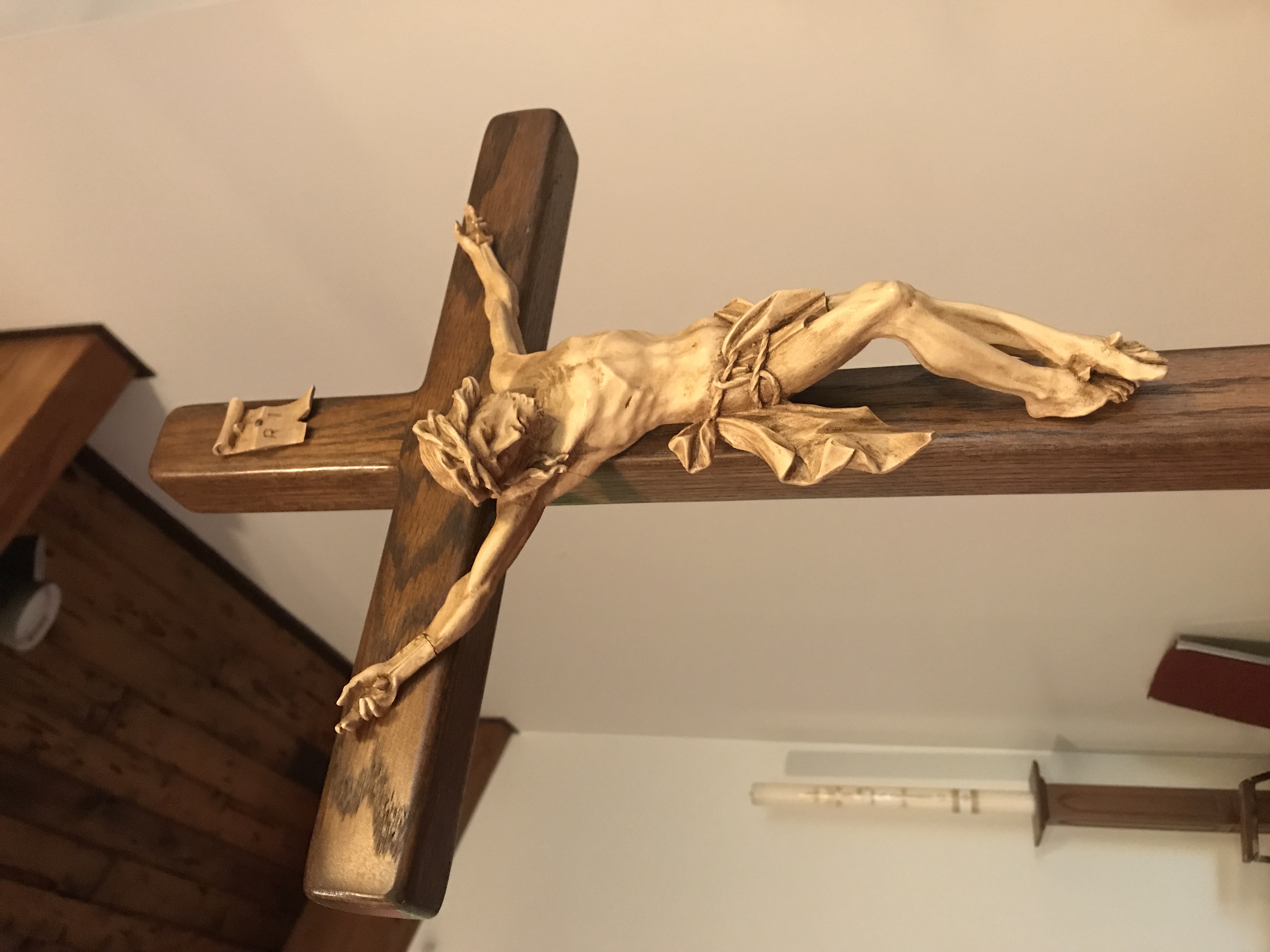
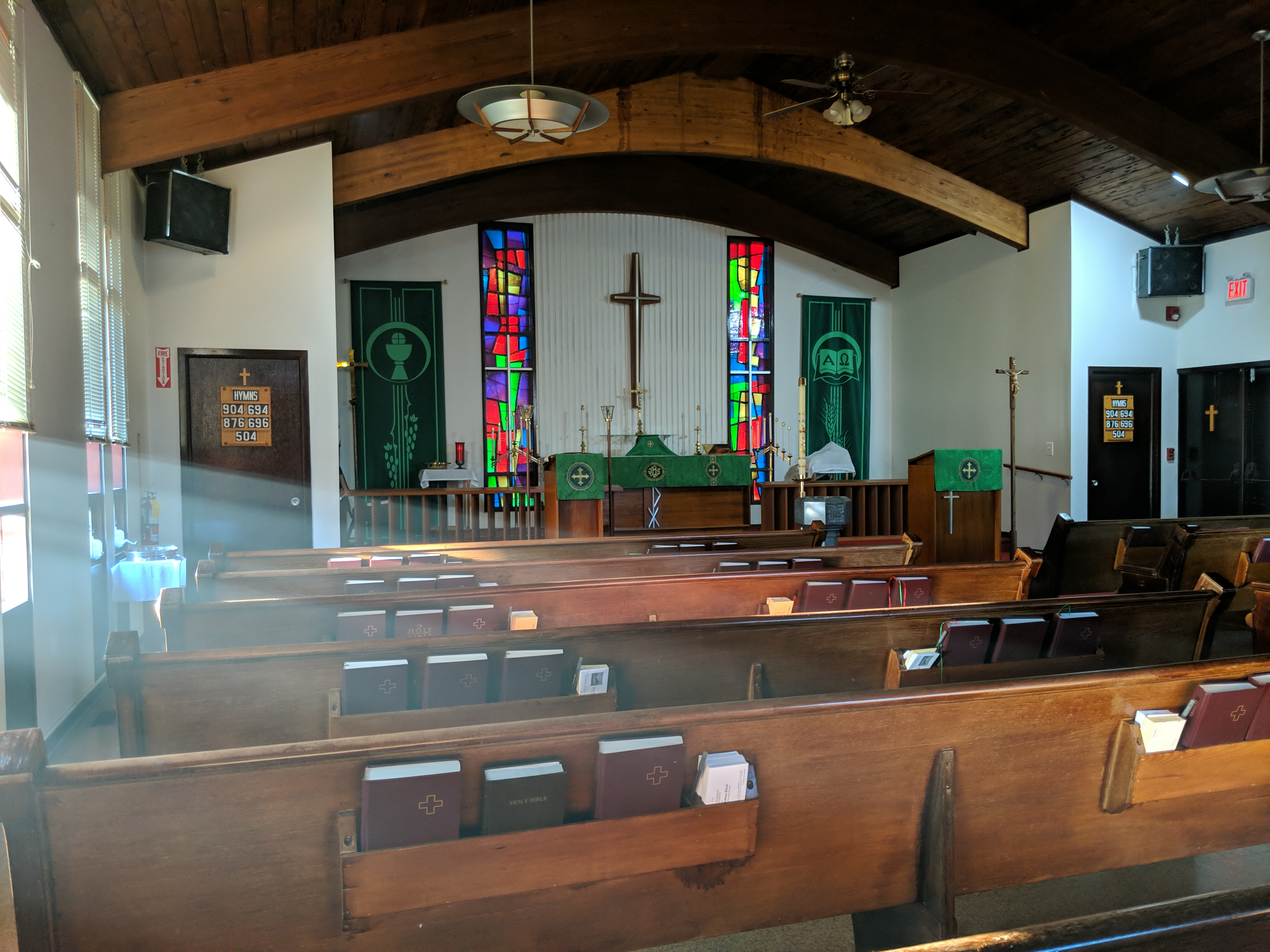
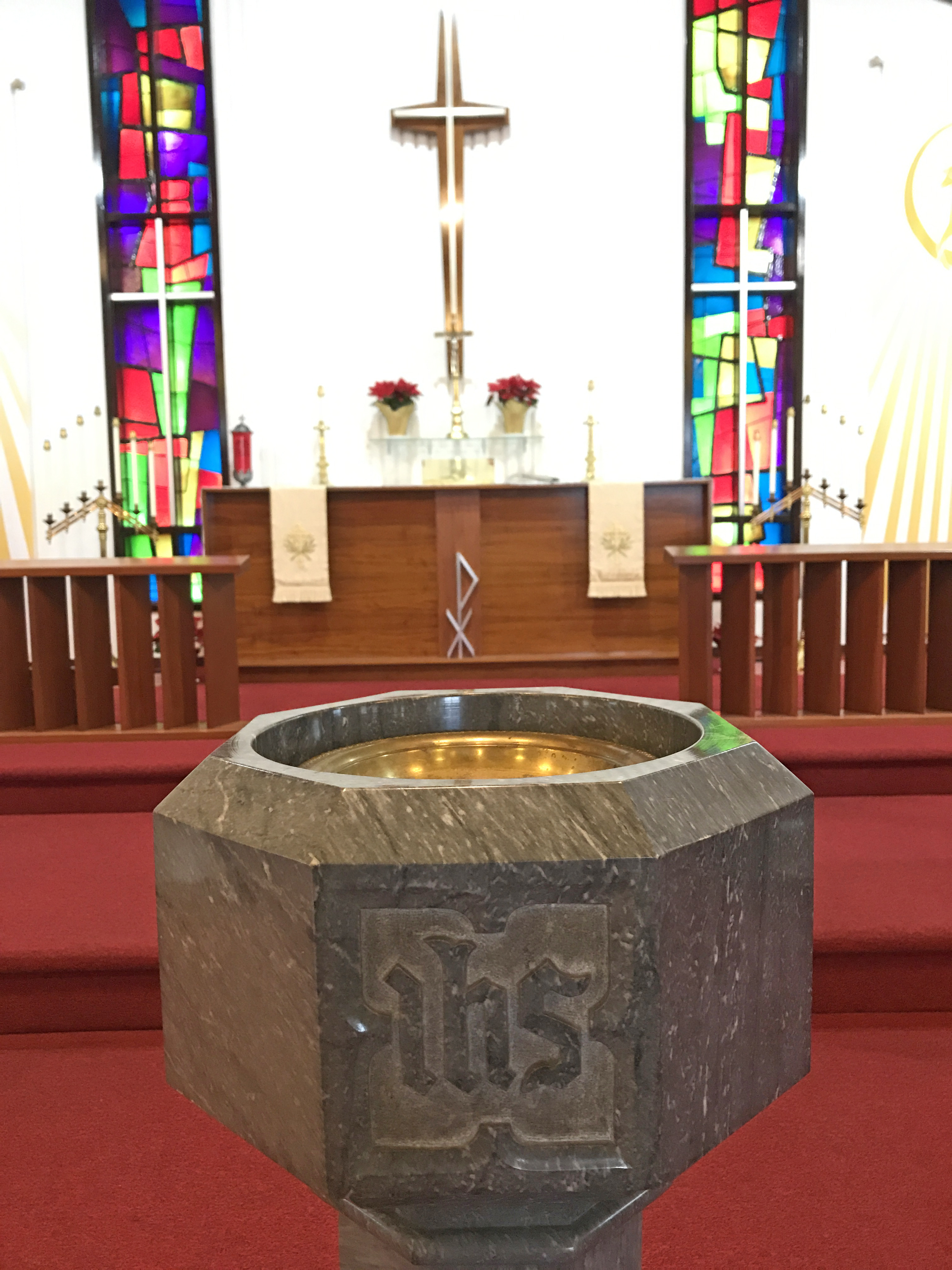

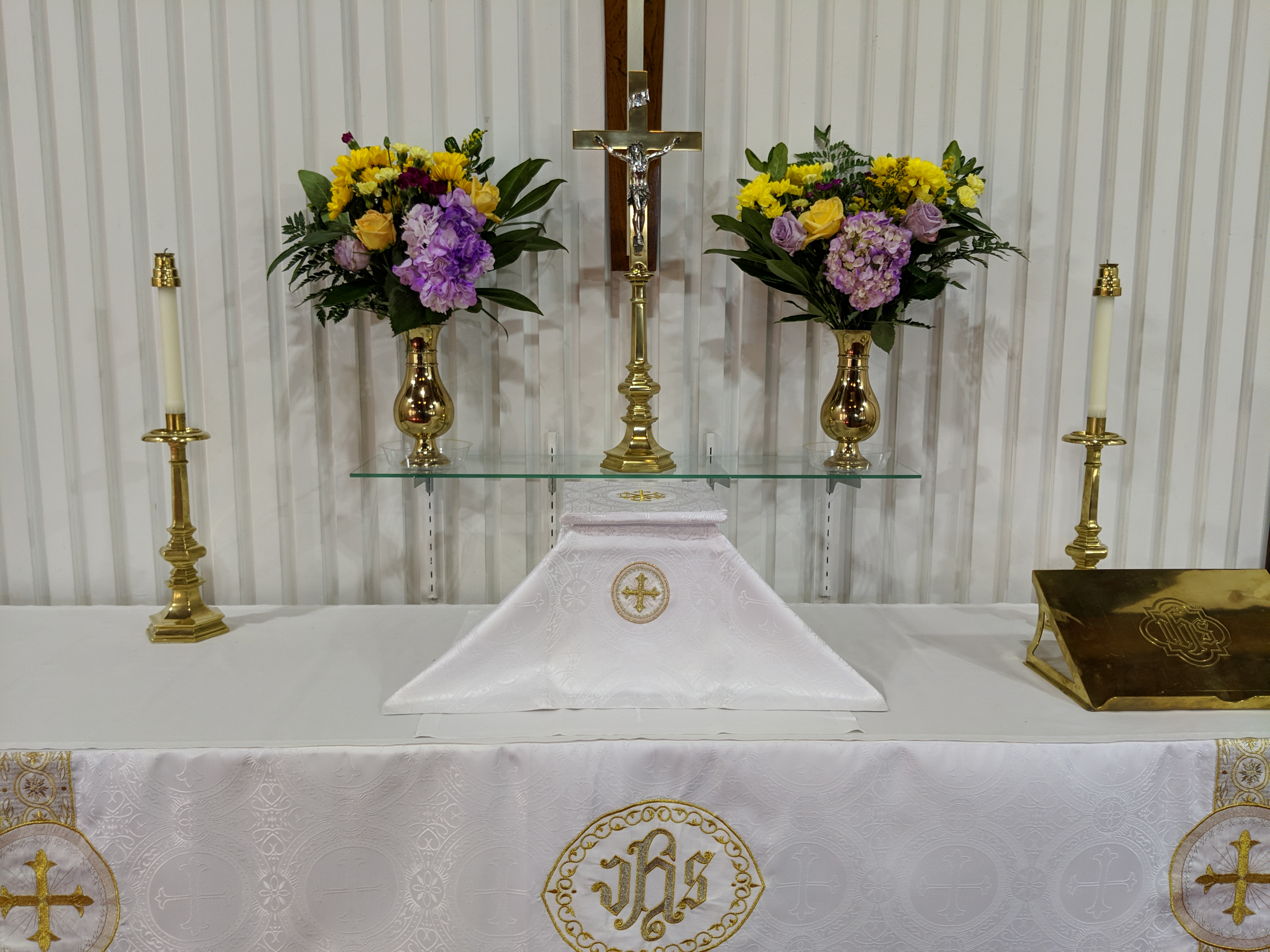




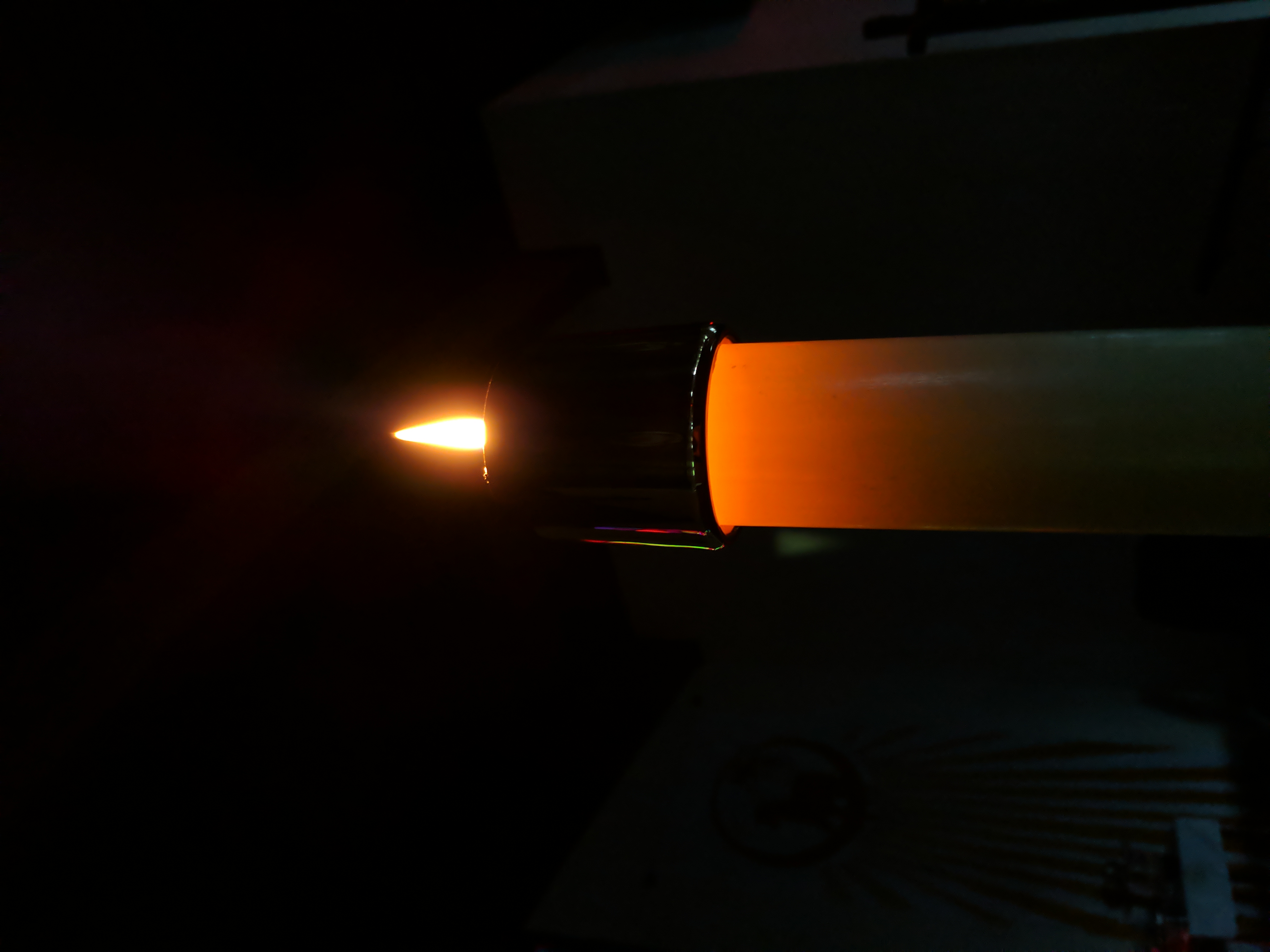


Comments are closed, but trackbacks and pingbacks are open.